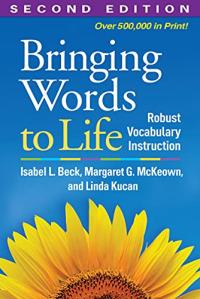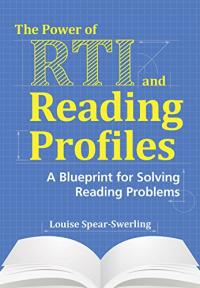
Knowledge to Support the Teaching of Reading
Age Level:
Adult 
The Science of Reading: A Handbook
Age Level:
Adult 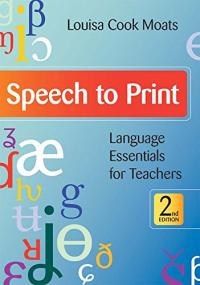
Speech to Print: Language Essentials for Teachers, Second Edition
Age Level:
Adult 
Equipped for Reading Success
Age Level:
Adult 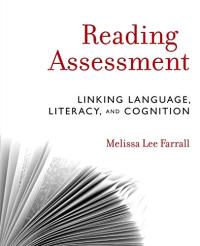
Reading Assessment: Linking Language, Literacy, and Cognition
Age Level:
Adult 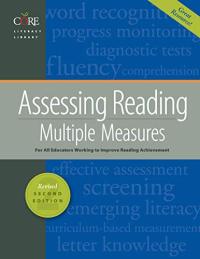
Assessing Reading: Multiple Measures
Age Level:
Adult 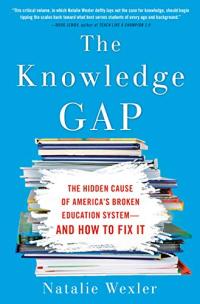
The Knowledge Gap
Age Level:
Adult 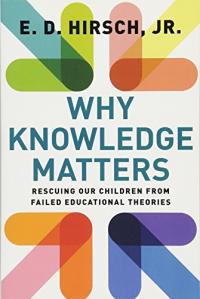
Why Knowledge Matters
Age Level:
Adult 
The Art and Science of Teaching Primary Reading
Age Level:
Adult 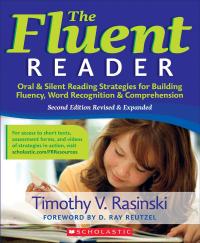
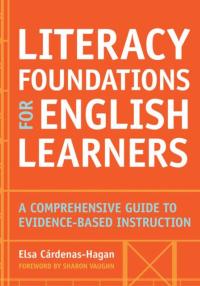
Literacy Foundations for English Learners
Age Level:
Adult 
Teaching Reading Sourcebook: Third Edition
Age Level:
Adult 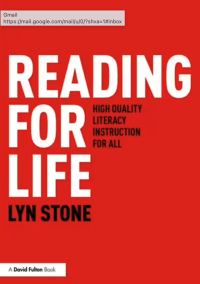
Reading for Life
Age Level:
Adult 
Spelling for Life
Age Level:
Adult 
7 Mighty Moves
Age Level:
Adult Genre:
Nonfiction Published:
2023

Reading Fluency
Age Level:
Adult 
The Reading Comprehension Blueprint
Age Level:
Adult 
Literacy Learning for Infants, Toddlers, and Preschoolers
Age Level:
Adult 
